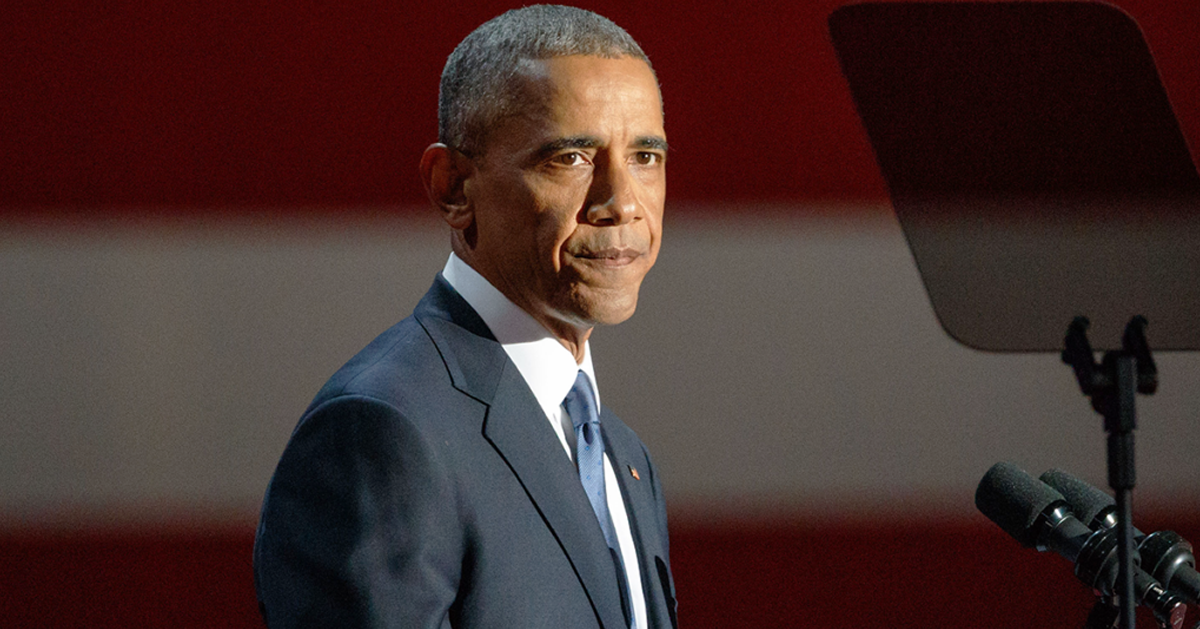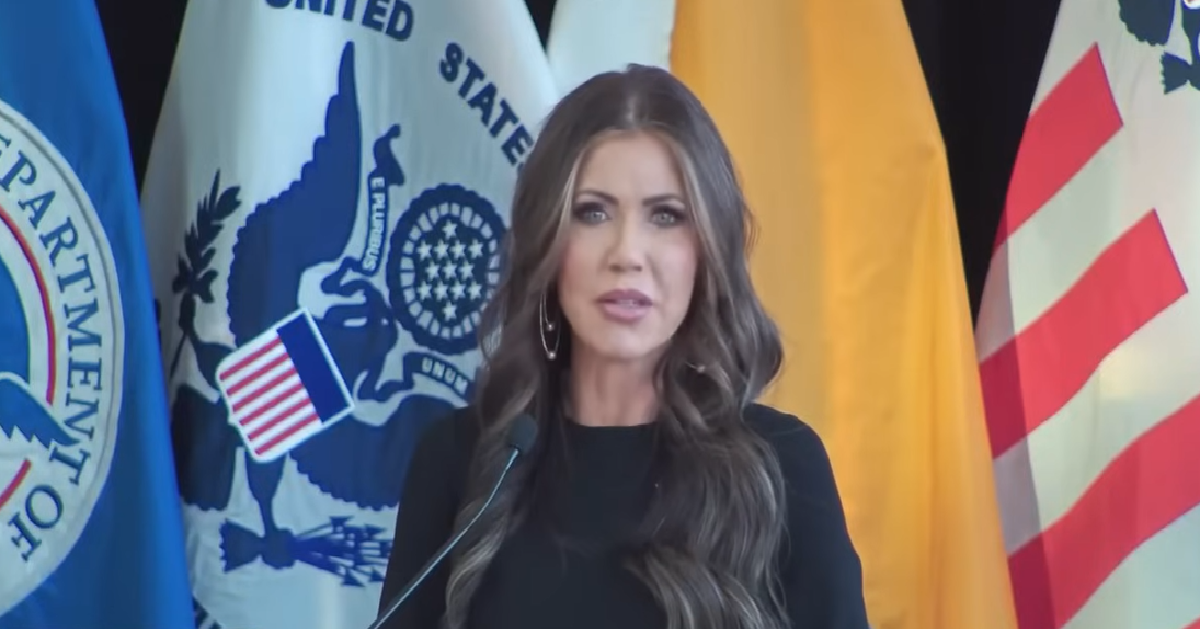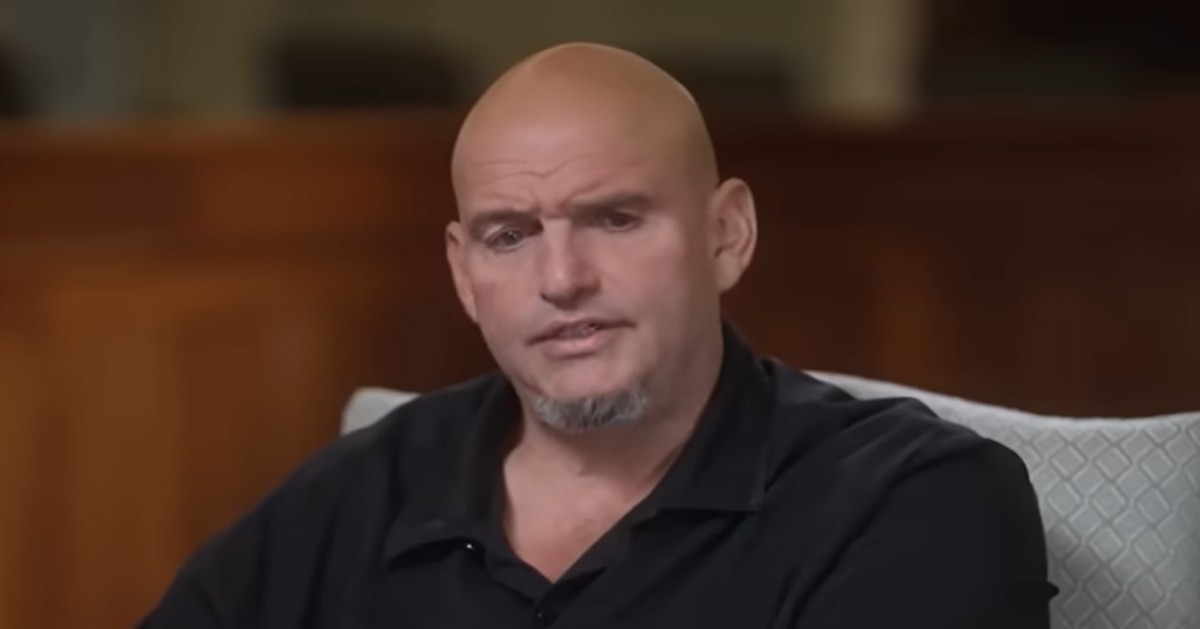Supreme Court agrees to hear case concerning acceptance of late mail-in ballots
In 2022, Illinois Republican Rep. Michael Bost and two other GOP politicians attempted to challenge a state law which allowed for mail-in ballots to be counted even if they were received after election day.
While a federal judge initially dismissed the case for lack of jurisdiction, the Supreme Court just announced that it will review the matter.
Case to be heard in June of 2026
According to CBS News, arguments in Bost's case are set to be heard by America's highest judicial body next year at the end of June.
The network noted that rather than decide the validity of Illinois' mail-in voting law, justices will simply concern themselves with the procedural issue of whether Bost's lawsuit can proceed.
Supreme Court to weigh whether to revive Republicans' challenge to Illinois law for late-arriving ballotshttps://t.co/wAN177TNf5
— CBS News (@CBSNews) June 3, 2025
The plaintiffs maintain that by accepting late ballots, Illinois is diluting the value of their votes as well as infringing on their First and Fourteenth Amendment rights.
What's more, they further contend that the state law in question is preempted by federal statutes which set a fixed day for elections.
Lawyer notes how "counting late ballots is relatively new"
"It is important that courts hear and resolve well-pleaded challenges by federal candidates to state time, place, and manner regulations affecting their elections," the plaintiffs wrote in their Supreme Court filing.
Russell Nobile is Bost's attorney, and Just the News quoted him as telling The Center Square that the case "isn’t about whether counting ballots after Election Day is unlawful – that’s not what’s being decided yet."
"The Supreme Court is first going to decide whether federal courts even have the power to hear these types of challenges," Nobile explained.
"This practice of counting late ballots is relatively new – it really started gaining ground after Bush v. Gore," Nobile pointed out. "For most of American history, ballots had to be received by Election Day."
Nobile says case is "crucial to a well-functioning democracy"
"The public needs to know that these concerns can be heard and ruled on," he stressed. "Even if a candidate doesn’t win on the merits, the process has to be transparent. That’s essential to maintaining trust in our elections."
"If you’ve ever run any kind of organized effort, like a campaign or even a Girl Scout troop, you understand that extending things by 14 days costs time, energy and money," the lawyer continued.
"This is an institutional issue. It’s about ensuring there’s a legal forum where candidates can raise legitimate questions about how our elections are run. That’s crucial to a well-functioning democracy," Nobile went on to add.





